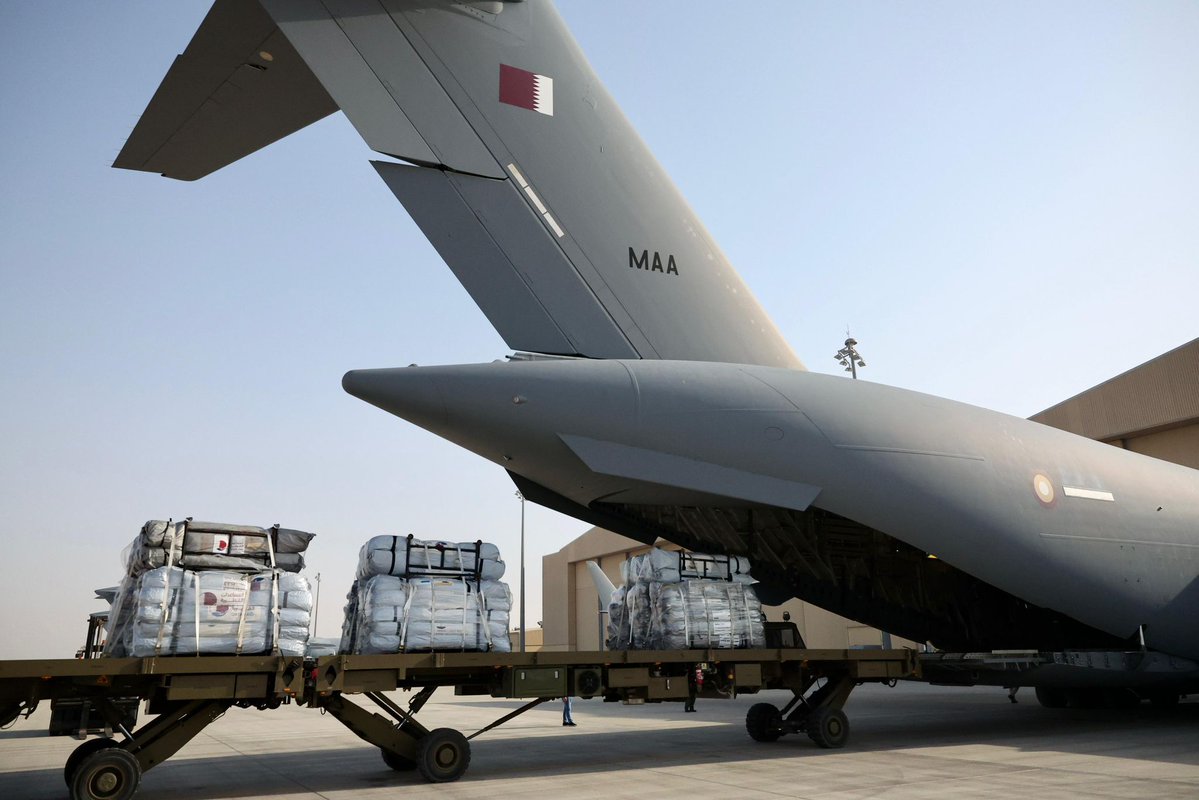On Sunday, Doha’s foreign ministry issued a statement expressing the country’s “full solidarity” with Afghanistan and extended its condolences to the victims’ families.
Qatar deployed a search and rescue team to Afghanistan on Monday after destructive floods claimed more than 300 lives over the weekend, the state news agency (QNA) reported.
Qatar’s Amir Sheikh Tamim bin Hamad Al-Thani directed a team from the Internal Security Force’s (Lekhwiya) Qatari International Search and Rescue Group to assist with the missions on the ground.
However, it remains unclear when the search and rescue team will carry out their mission on the ground.
On Sunday, Doha’s foreign ministry issued a statement expressing the country’s “full solidarity” with Afghanistan and extended its condolences to the victims’ families and wished the wounded a speedy recovery.
It had also expressed its readiness to assist Afghanistan in light of the disaster.
The floods were triggered by heavy seasonal rains, with the provinces of Badakhshan, Baghlan, Ghor and Herat the worst hit, Zabihullah Mujahid, spokesman of the Taliban-led acting Afghan government, said on Saturday.
The World Food Programme separately confirmed that the floods killed more than 300 people, including more than 50 children, and destroyed more than 1000 houses.
The crisis-hit country is already recovering from deadly earthquakes that struck the country late last year, where thousands were killed. At the time, Qatar sent aid to the country.
Salma Ben Aissa, Afghanistan director for the International Rescue Committee (ICRC), had said on Saturday that the floods “caused a major humanitarian emergency” in the country.
“The continuation of climate-induced disasters in Afghanistan ought to be cause for grave concern: devastated by decades of conflict and economic crisis, the country has faced setback after setback as it tries to find its feet,” the ICRC official said.
The UN also said that Afghanistan remains among “the world’s top 10 climate impacted countries.”
Afghanistan has faced decades of conflicts that exacerbated its dire humanitarian and economic situation.
Almost two-thirds of the population needed aid by the end of 2023, according to Human Rights Watch.







